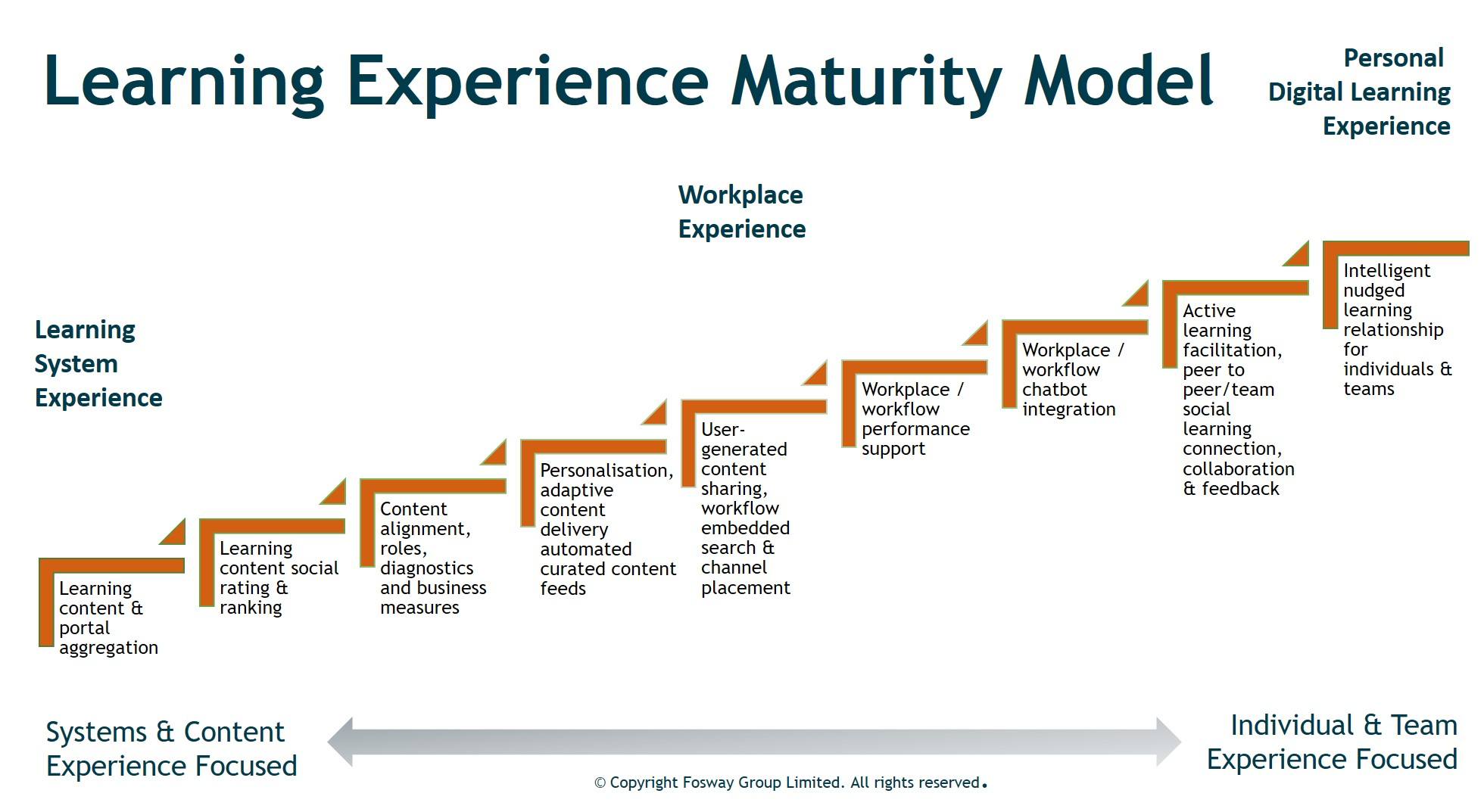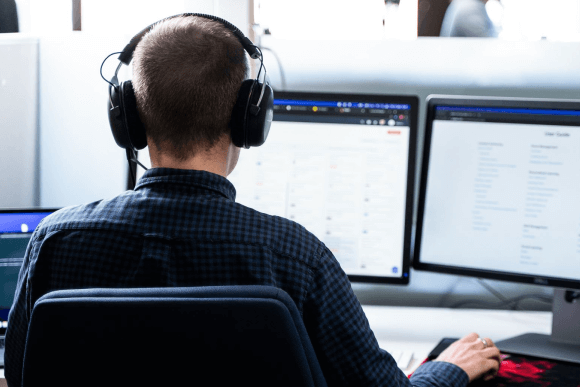Where are we in delivering next-gen learning experiences?
While we may think that the ‘experience economy’ is a relatively recent idea, it is something that has been around for quite a while.

While we may think that the ‘experience economy’ is a relatively recent idea, it is something that has been around for quite a while. In fact, the future has been staring us in the face for over 20 years . . . if only we’d have noticed.
The phrase ‘experience economy’ was first coined in an Welcome to the Experience Economy article as long ago as 1998 by B. Joseph Pine II and James H. Gilmore. What they highlighted was a progression in economies from those that extract commodities, to those that make goods, to those that deliver services, and finally to those that stage experiences.
Such was their vision that they foresaw the entire shift in organizations to higher levels of customer centricity. And now, with an ever-expanding range of technologies and data to drive personalization, we are starting to see a surge in the focus on experiences. The learning and people development arena is just one example of a much wider movement to focus on experience. Within L&D though, this has become most visible through the growth of software known as Learning Experience Platforms or LXPs.
The early results from Fosway’s annual Digital Learning Realities Research for 2020 show that over 90 percent of our respondents think an LXP is important to the future success of their learning team. And 50 percent seem to think that their LMS is going to be less influential in managing the learning experience of the future.
But the harsh reality is that ‘learning experience’ has been something that most established learning platforms have been woeful in delivering. The market has historically been blighted by poor user interfaces with weak usability that have frequently failed to deliver what most users and observers would term an ‘engaging’ user experience. Combine that with a relentless focus on the distribution of content, and the problem becomes amplified. There have been many poor interfaces, across many learning content sources, all vying for their moment in front of the learners’ eyes – now often packaged up in a Netflix-style interface, as organizations begin to make learning more accessible, more engaging, more personalized, more connected, and more reachable in the workflow.
But, the learning experience is about so much more than accessing content!
The problem with the LXP label is that all too often, these platforms are not designed to support the dynamic, reflective, social, intelligence-led and action-orientated learning which are required to drive genuine mastery and proficiency in learning. They don’t create learning cycles, they don’t foster and promote nudge, and they arguably don’t support the most important part of any learning—the motivational and developmental feedback that is central to energizing great, transformational personal learning from the workplace.
And if they do not support the coaching and personal interplay required for great learning and collaboration across people – from peer to peer, to customers, mentors and coaches – then they are not really driving learning experiences at all. A simple focus on distributing, or connecting people to content, is not enough of an answer. We also need it to connect and activate the real catalysts of social learning, key results and business outcomes too.
If we really want to label something a ‘learning experience platform,’ it needs to deliver more than just content. It needs to support real, actual experiences – not access to different flavors of content under the ‘resources not courses’ banner. It needs the sort that you would find in a complete cycle of learning.
Which raises the question – what learning experiences do you want to create?

As part of Fosway’s ongoing research, we’ve started to highlight some underlying trends in learning solutions ranging from those that focus on learning systems experience, to workplace learning experience, to personal digital learning experience.
Today, there is not much maturity across the spectrum of LXP options. This is highlighted by the current market bias toward ‘learning systems’ experience rather than creating personal digital learning experiences. But, as we move into the next decade, the underlying momentum toward more personalized, intelligent and socially co-dependent learning – rather than a Netflix-style content push –is certain to come. And this isn’t about a label or a specific type of system. This is about embracing the opportunities presented by technology like AI and about you, the buyer, demanding more from the experiences your platforms are powering.




